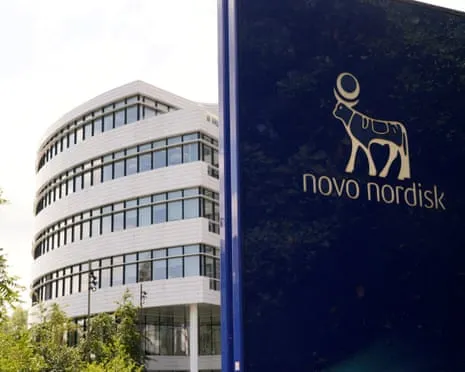
News





 William Gregory
William Gregory

 William Gregory
William Gregory
Discover our latest stories and insights from around the world
 News
News
 By William Gregory
•
18 Sep 2025
By William Gregory
•
18 Sep 2025
 News
News
 By William Gregory
•
18 Sep 2025
By William Gregory
•
18 Sep 2025
 Others
Others
 By William Gregory
•
18 Sep 2025
By William Gregory
•
18 Sep 2025
 Others
Others
 By William Gregory
•
18 Sep 2025
By William Gregory
•
18 Sep 2025
 News
News
 By William Gregory
•
18 Sep 2025
By William Gregory
•
18 Sep 2025
 News
News
 By William Gregory
•
18 Sep 2025
By William Gregory
•
18 Sep 2025
 News
News
 By William Gregory
•
18 Sep 2025
By William Gregory
•
18 Sep 2025
 News
News
 By William Gregory
•
18 Sep 2025
By William Gregory
•
18 Sep 2025
 News
News
 By William Gregory
•
18 Sep 2025
By William Gregory
•
18 Sep 2025
 News
News
 By William Gregory
•
18 Sep 2025
By William Gregory
•
18 Sep 2025
 News
News
 By William Gregory
•
18 Sep 2025
By William Gregory
•
18 Sep 2025
 News
News
 By William Gregory
•
18 Sep 2025
By William Gregory
•
18 Sep 2025

 William Gregory
William Gregory


 William Gregory
William Gregory

 William Gregory
William Gregory

 William Gregory
William Gregory

 William Gregory
William Gregory